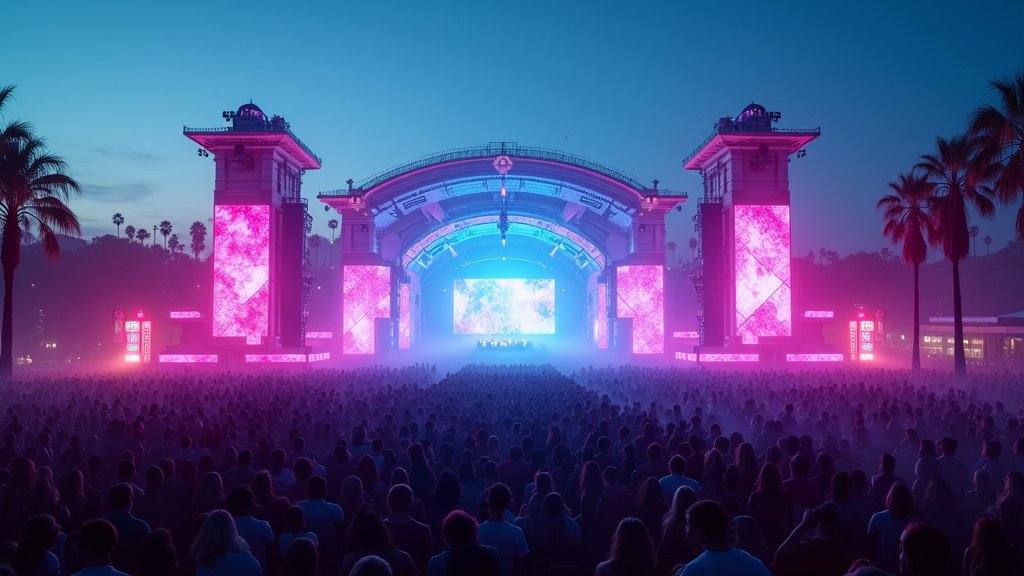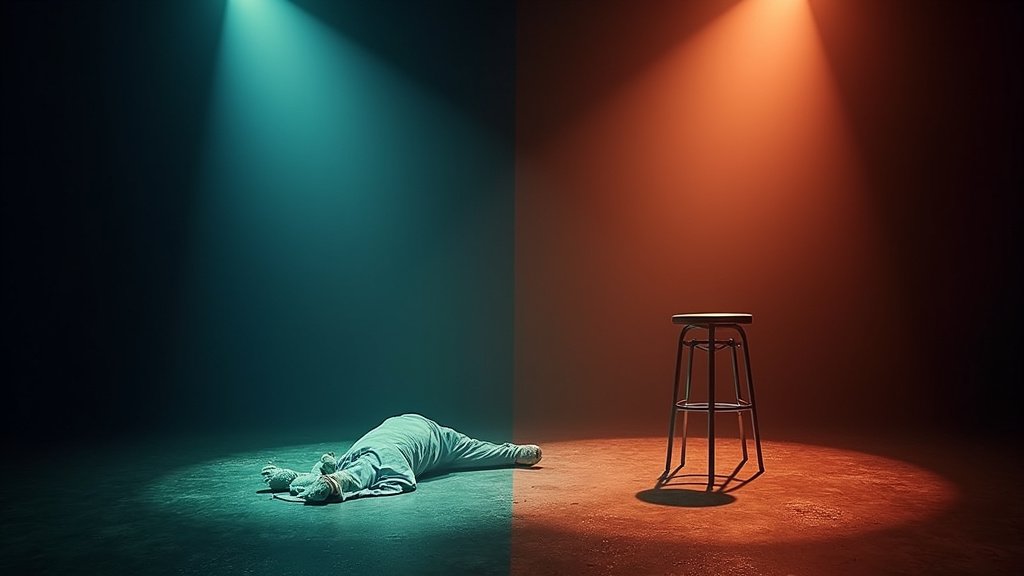June 22 holds a distinct place in the annals of Hip Hop and R&B history, a day marked by events that underscore both the cultural vibrancy of the genres and their profound intersection with global affairs. This date encapsulates diverse narratives, from celebrating artistic milestones to highlighting crucial developments in the realm of human rights where music plays a powerful role. It serves as a reminder that these musical forms are not confined solely to entertainment but often reflect broader societal shifts and individual struggles.
Celebrating a Hip Hop Talent
For many enthusiasts, June 22 resonates as the birthday of American rapper Cory Gunz. Born on this day in 1987, Gunz emerged into the mainstream consciousness through significant collaborations that cemented his position within the era’s soundscape. His contribution to Lil Wayne’s 2010 single “6 Foot 7 Foot” is particularly noteworthy. The track, which featured Gunz’s distinctive flow, became a major commercial success, climbing to an impressive No. 9 on the coveted Billboard Hot 100 chart. This performance underscored the collaborative spirit often found at the pinnacle of the genre and highlighted Gunz’s capability to deliver memorable verses on high-profile records.
Beyond this chart-topping feature, Gunz also made an earlier appearance on Rihanna’s 2005 single “If It’s Lovin’ That You Want,” showcasing his versatility and early involvement in projects spanning different areas of contemporary music. His birthday on June 22 serves as a reminder of the individual artists whose talents and contributions collectively shape the evolution and trajectory of Hip Hop, adding layers to its rich and diverse history.
A Pivotal Legal Development
Separately, but equally significantly, June 22, 2024, witnessed a landmark legal development with profound implications for the intersection of music, activism, and human rights. On this specific date, the Iranian Supreme Court announced its decision to overturn the death sentence previously handed down to rapper and activist Toomaj Salehi. Salehi is widely known for his potent and often critical protest songs, which have openly challenged and critiqued the policies and actions of the Iranian government. His music has become a powerful symbol of dissent and a voice for many seeking change within and outside Iran, resonating with global audiences concerned about human rights.
The initial death sentence against Salehi had drawn widespread international condemnation from human rights organizations, governments, and artist communities around the world, who viewed it as a severe blow against freedom of expression and a clear attempt to silence dissenting voices. The Supreme Court’s decision to overturn this sentence, while not immediately guaranteeing his freedom or nullifying other potential charges he may face, represents a critical shift in his legal case. It offers a glimmer of hope amidst a challenging environment for activists and artists who dare to speak out in the country. This event, occurring on June 22, 2024, underscores the high stakes faced by artists globally who use their platforms to advocate for change and speak truth to power, and highlights how music can intersect with critical geopolitical and legal battles, sometimes with life-altering consequences.
The Intersecting Narratives
The convergence of these distinct events on June 22 – celebrating the artistic journey and career milestones of a rapper like Cory Gunz alongside a critical legal victory for an activist like Toomaj Salehi – illustrates the multi-faceted nature of Hip Hop and R&B’s influence and significance. On one hand, the date marks moments of creative achievement, commercial success, and cultural impact that define the genres’ widespread footprint in popular culture. These events highlight the creativity and skill that fuel the music industry.
On the other, the inclusion of Toomaj Salehi’s case serves as a stark reminder that for many artists, particularly those operating under authoritarian or restrictive regimes, music is not merely entertainment but a vital tool for social commentary, political protest, and the unwavering pursuit of justice and fundamental freedoms. The juxtaposition of these narratives on June 22 highlights the global reach and diverse impact of these musical forms, demonstrating their capacity to both top charts and ignite crucial conversations about fundamental human rights and the courage required to challenge oppression.
Reflecting on June 22
As June 22 passes each year, it offers an opportunity to reflect on the rich and complex tapestry of Hip Hop and R&B history. It is a day that encompasses both the celebration of individual artistic contributions, like the career milestones and chart success of Cory Gunz, and the recognition of the courageous battles fought by artists like Toomaj Salehi, whose music serves a higher purpose in the global struggle for freedom, dignity, and accountability. This blend of cultural celebration and socio-political significance firmly establishes June 22 as a truly noteworthy date in the ongoing narrative of Hip Hop and R&B, demonstrating their enduring power to entertain, inspire, reflect societal realities, and challenge the status quo on a global scale.





